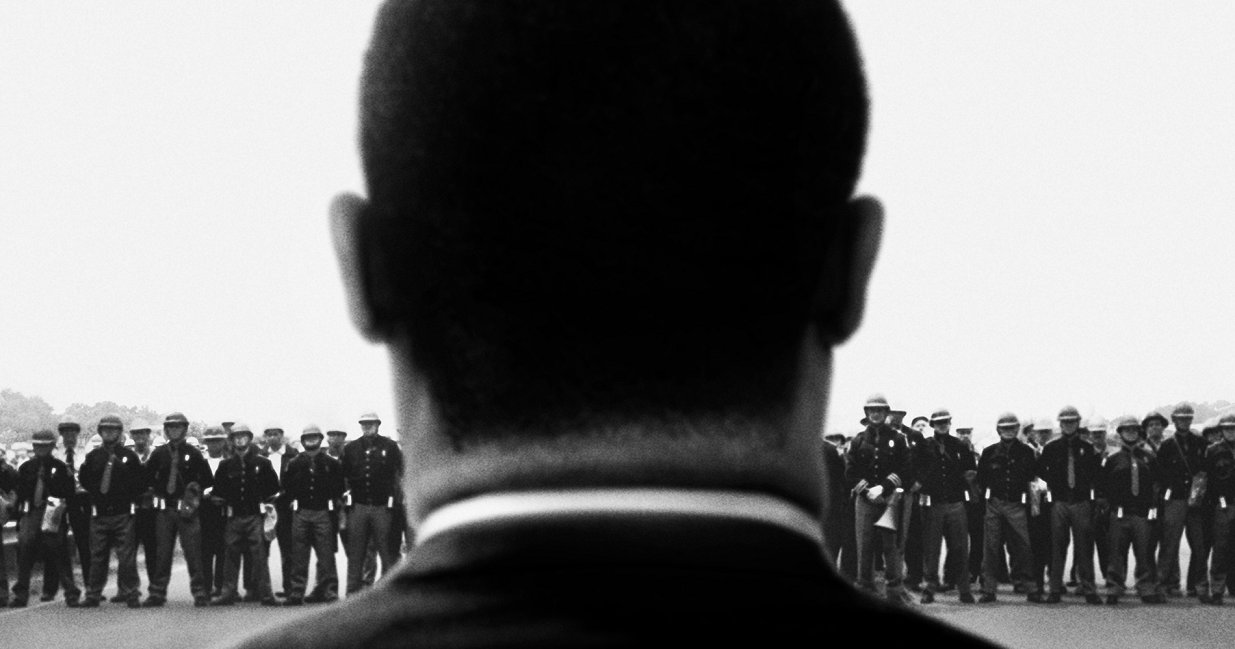Kingsman: The Secret Service
by Hope Madden
Matthew Vaughn and Jane Goldman work well together. The writing/directing team produced two new era superhero movies – Kick-Ass and X-Men: First Class – and now they want to create a new kind of spy movie with Kingsman: The Secret Service.
Based on comics by Mark Millar and Dave Gibbons, their screenplay hips up the old Bond-style gentlemen agent when Code Name: Galahad (a very fit Colin Firth) introduces a talented street kid to the world of espionage.
Eggsy (Taron Egerton) is Galahad’s candidate to join the Kingsmen – a nation-agnostic spy organization as old and as prim as they come. If Eggsy makes it through training and beats the other candidates, he will take his place alongside Galahad as the group’s newest member, Code Name: Lancelot.
Unless, that is, some lisping billionaire (Samuel L. Jackson) takes his super villain role too seriously and ends the world before training is over.
Firth is a charmer and a joy in the mentor role, and though Jackson’s lisp comes and goes, he makes for a fun villain and his odd-couple onscreen chemistry with Firth is priceless. Egerton, who shoulders much of the film, is an effortlessly likeable presence.
But Vaughn is the star of this film. Kingsmen is often vulgar and crass but always fun and sometimes shockingly funny. The whole affair feels a tad like a British version of Kick-Ass: lovable loser turned unexpected hero, affectionate nods to cinematic forebears, brash new ideas taking familiar genre tropes in excitedly sloppy new directions. Aaah, the refreshing chaos of youth.
The comic timing is fresh and the action sequences are a blast There’s one scene in particular of hillbilly church service carnage set to Skynyrd’s redneck classic Free Bird that is magnificent.
Not every joke lands well. Some fly off in crass directions, but none more than the Bond-esque romantic entanglement that finishes the film. It starts off a saucy little homage, turns questionably but forgivably rank, then, quite unfortunately takes that ugly joke two steps further. Maybe you always thought Bond has too much respect for women? This is not that film, bro.
But, you know, leave after that last bit with Jackson and this movie is really good!









